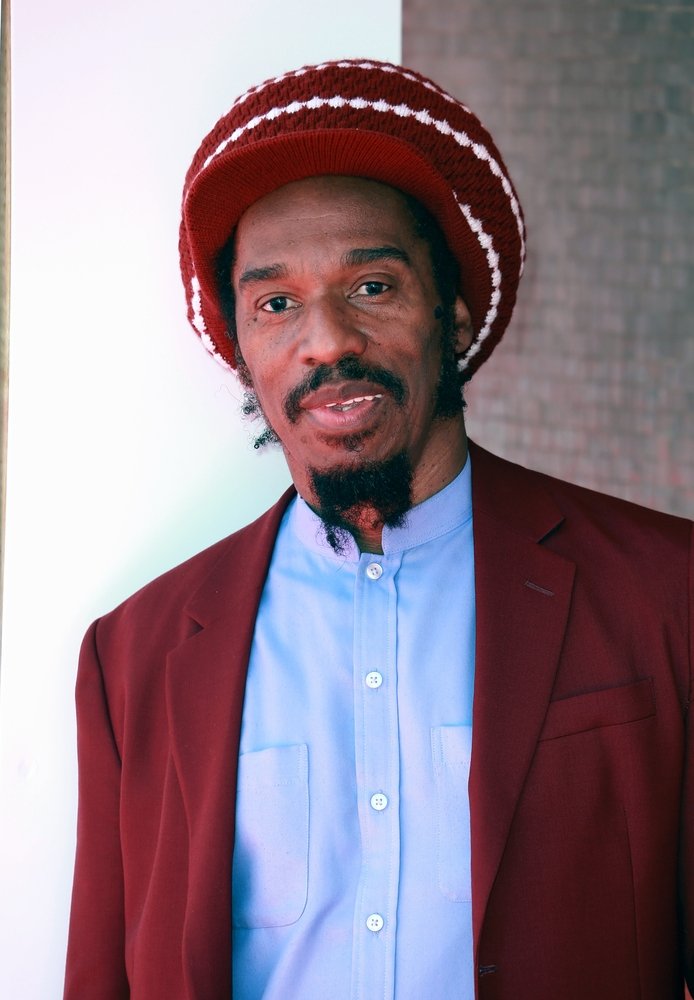Benjamin Obadiah Iqbal Zephaniah, née Springer, born on 15 April 1958 and who passed away on 7 December 2023, was a seminal figure in British literature and a prominent voice in contemporary poetry. Born in Birmingham, England, to a Barbadian postman and a Jamaican nurse, Zephaniah rose from the challenges of dyslexia and a disillusionment with the formal education system to become one of the nation’s most celebrated poets, known for his vibrant performances and his commitment to social and political activism. Zephaniah’s work, deeply rooted in the rhythm and culture of reggae music and the Rastafari movement, resonated with themes of race, social injustice, and the celebration of African-Caribbean culture.
His poetry, characterised by its accessibility, oral quality, and direct engagement with social issues, made him a beloved figure not only within literary circles but also among the wider public, seeking to challenge and inspire through his words. From the 1980s onwards,
Zephaniah established himself as a pioneering voice in the dub poetry movement, using his performances to highlight issues of racism, inequality, and the experiences of the African-Caribbean community in the UK. His collections, including “Talking Turkeys,” “Face,” and “Too Black, Too Strong,” were critical and commercial successes, showcasing his ability to blend humour and gravity, inviting readers to reflect on the world around them.
Beyond his poetry, Zephaniah’s talents extended to writing novels for children and young adults, where he tackled complex issues such as identity, racism, and the refugee experience with sensitivity and insight. Works like “Refugee Boy” and “Gangsta Rap” have been praised for their portrayal of young people navigating challenging circumstances, offering stories of resilience and empowerment. An outspoken advocate for human rights, Zephaniah’s activism was a constant throughout his career.
He campaigned against racism, worked for animal rights, and supported various humanitarian causes, reflecting his deep commitment to justice and equality. His refusal of an OBE in 2003, citing the British Empire’s oppressive history, underscored his principles and his dedication to the causes he believed in. Zephaniah’s impact on British culture and literature was profound.
As a poet, novelist, and activist, he enriched the national conversation, advocating for change and understanding across communities. His legacy is one of compassion, creativity, and an unyielding belief in the power of words to heal, unite, and inspire. Benjamin Zephaniah’s passing marks the end of an era, but his work and his spirit will continue to influence generations to come.


